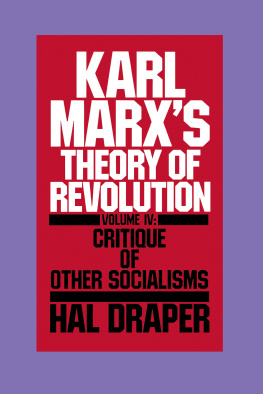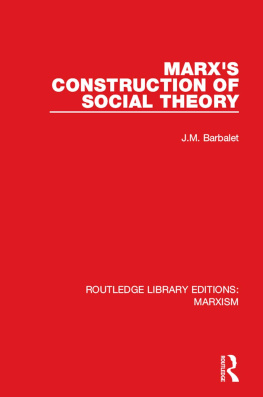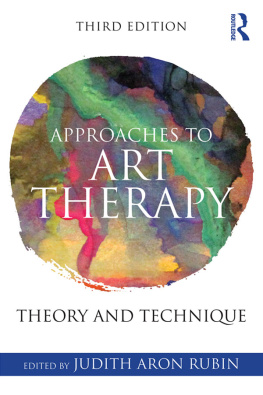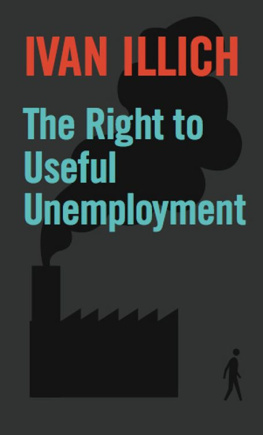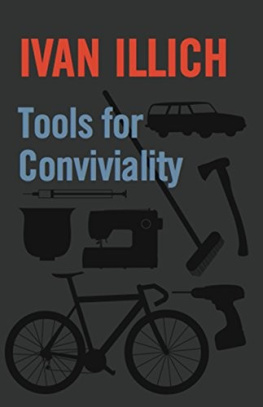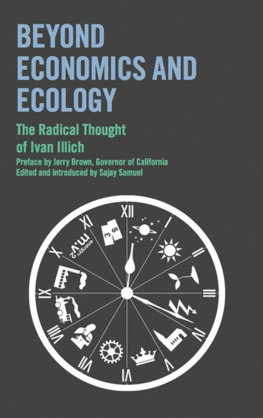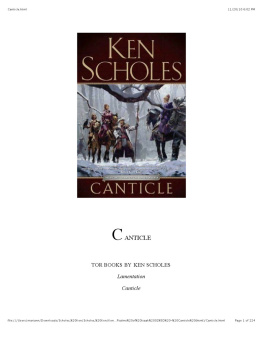Isaak Illich Rubin - Essays on Marxs Theory of Value
Here you can read online Isaak Illich Rubin - Essays on Marxs Theory of Value full text of the book (entire story) in english for free. Download pdf and epub, get meaning, cover and reviews about this ebook. genre: Politics. Description of the work, (preface) as well as reviews are available. Best literature library LitArk.com created for fans of good reading and offers a wide selection of genres:
Romance novel
Science fiction
Adventure
Detective
Science
History
Home and family
Prose
Art
Politics
Computer
Non-fiction
Religion
Business
Children
Humor
Choose a favorite category and find really read worthwhile books. Enjoy immersion in the world of imagination, feel the emotions of the characters or learn something new for yourself, make an fascinating discovery.

- Book:Essays on Marxs Theory of Value
- Author:
- Genre:
- Rating:5 / 5
- Favourites:Add to favourites
- Your mark:
- 100
- 1
- 2
- 3
- 4
- 5
Essays on Marxs Theory of Value: summary, description and annotation
We offer to read an annotation, description, summary or preface (depends on what the author of the book "Essays on Marxs Theory of Value" wrote himself). If you haven't found the necessary information about the book — write in the comments, we will try to find it.
Essays on Marxs Theory of Value — read online for free the complete book (whole text) full work
Below is the text of the book, divided by pages. System saving the place of the last page read, allows you to conveniently read the book "Essays on Marxs Theory of Value" online for free, without having to search again every time where you left off. Put a bookmark, and you can go to the page where you finished reading at any time.
Font size:
Interval:
Bookmark:
Published: Black and Red, Detroit, 1972;
Translated: Milo Samardija and Fredy Perlman from the 3rd edition, Moscow: Gosudasrstvennoe Izdatel'stvo, 1928;
Transcribed: Sally Ryan 1999, J.L. Wilm 2008;
Proofed: and corrected Chris Clayton 2006 (chpts 1-16), J.L. Wilm 2008 (chpts 17-19);
HTML Markup: Sally Ryan, 1999, J.L. Wilm, 2008;
E-Book: Patrick Lea, 2013;
HTML Source: http://www.marxists.org/archive/rubin/value/index.htm
There is a tight conceptual relationship between Marx's economic theory and his sociological theory, the theory of historical materialism. Years ago Hilferding pointed out that the theory of historical materialism and the labor theory of value have the same starting point, specifically labor as the basic element of human society, an element whose development ultimately determines the entire development of society.
The working activity of people is constantly in a process of change, sometimes faster, sometimes slower, and in different historical periods it has a different character. The process of change and development of the working activity of people involves changes of two types: first, there are changes in means of production and technical methods by which man affects nature, in other words, there are changes in society's productive forces; secondly, corresponding to these changes there are changes in the entire pattern of production relations among people, the participants in the social process of production. Economic formations or types of economy (for example, ancient slave economy, feudal, or capitalist economy) differ according to the character of the production relations among people. Theoretical political economy deals with a definite social-economic formation, specifically with commodity-capitalist economy.
The capitalist economy represents a union of the material-technological process and its social forms, i.e. the totality of production relations among people. The concrete activities of people in the material-technical production process presuppose concrete production relations among them, and vice versa. The ultimate goal of science is to understand the capitalist economy as a whole, as a specific system of productive forces and production relations among people. But to approach this ultimate goal, science must first of all separate, by means of abstraction, two different aspects of the capitalist economy: the technical and the social-economic, the material-technical process of production and its social form, the material productive forces and the social production relations. Each of these two aspects of the economic process is the subject of a separate science. The science of social engineering - still in embryonic state - must make the subject of its analysis the productive forces of society as they interact with the production relations. On the other hand, theoretical political economy deals with production relations specific to the capitalist economy as they interact with the productive forces of society. Each of these two sciences, dealing only with one aspect of the whole process of production, presupposes the presence of the other aspect of the production process in the form of an assumption which underlies its research. In other words, even though political economy deals with production relations, it always presupposes their unbreakable connection with the material-technical process of production, and in its research assumes a concrete stage and process of change of the material-productive forces.
Marx's theory of historical materialism and his economic theory revolve around one and the same basic problem: the relationship between productive forces and production relations. The subject of both sciences is the same: the changes of production relations which depend on the development of productive forces. The adjustment of production relations to changes of productive forces - a process which takes the form of increasing contradictions between the production relations and the productive forces, and the form of social cataclysms caused by these contradictions - is the basic theme of the theory of historical materialism. By applying this general methodological approach to commodity-capitalist society we obtain Marx's economic theory. This theory analyzes the production relations of capitalist society, the process of their change as caused by changes of productive forces, and the growth of contradictions which are generally expressed in crises.
Political economy does not analyze the material-technical aspect of the capitalist process of production, but its social form, i.e., the totality of production relations which make up the "economic structure" of capitalism. Production technology (or productive forces) is included in the field of research of Marx's economic theory only as an assumption, as a starting point, which is taken into consideration only in so far as it is indispensable for the explanation of the genuine subject of our analysis, namely production relations. Marx's consistently applied distinction between the material-technical process of production and its social forms puts in our hands the key for understanding his economic system. This distinction at the same time defines the method of political economy as a social and historical science. In the variegated and diversified chaos of economic life which represents a combination of social relations and technical methods, this distinction also directs our attention precisely to those social relations among people in the process of production, to those production relations, for which the production technology serves as an assumption or basis. Political economy is not a science of the relations of things to things, as was thought by vulgar economists, nor of the relations of people to things, as was asserted by the theory of marginal utility, but of the relations of people to people in the process of production.
Political economy, which deals with the production relations among people in the commodity-capitalist society, presupposes a concrete social form of economy, a concrete economic formation of society. We cannot correctly understand a single statement in Marx's Capital if we overlook the fact that we are dealing with events which take place in a particular society. "In the study of economic categories, as in the case of every historical and social science, it must be borne in mind that as in reality so in our mind the subject, in this case modern bourgeois society, is given and that the categories are therefore but forms of expression, manifestations of existence, and frequently but one-sided aspects of this subject, this definite society." "...In the employment of the theoretical method [of Political Economy], the subject, society, must constantly be kept in mind as the premise from which we start." Starting from a concrete sociological assumption, namely from the concrete social structure of an economy, Political Economy must first of all give us the characteristics of this social form of economy and the production relations which are specific to it. Marx gives us these general characteristics in his "theory of commodity fetishism," which could more accurately be called a general theory of production relations of the commodity capitalist economy.
Hilferding, R. "Bhm-Bawerks Marx-Kritik," Marx-Studien, Wien, 1904.
Here we leave aside that part of the theory of historical materialism which deals with the laws of development of ideology.
Marx, K., "Introduction to the Critique of Political Economy," in K. Marx, A Contribution to the Critique of Political Economy, Chicago,.Charles Kerr & Co., 1904, pp. 302 and 295.
Font size:
Interval:
Bookmark:
Similar books «Essays on Marxs Theory of Value»
Look at similar books to Essays on Marxs Theory of Value. We have selected literature similar in name and meaning in the hope of providing readers with more options to find new, interesting, not yet read works.
Discussion, reviews of the book Essays on Marxs Theory of Value and just readers' own opinions. Leave your comments, write what you think about the work, its meaning or the main characters. Specify what exactly you liked and what you didn't like, and why you think so.

